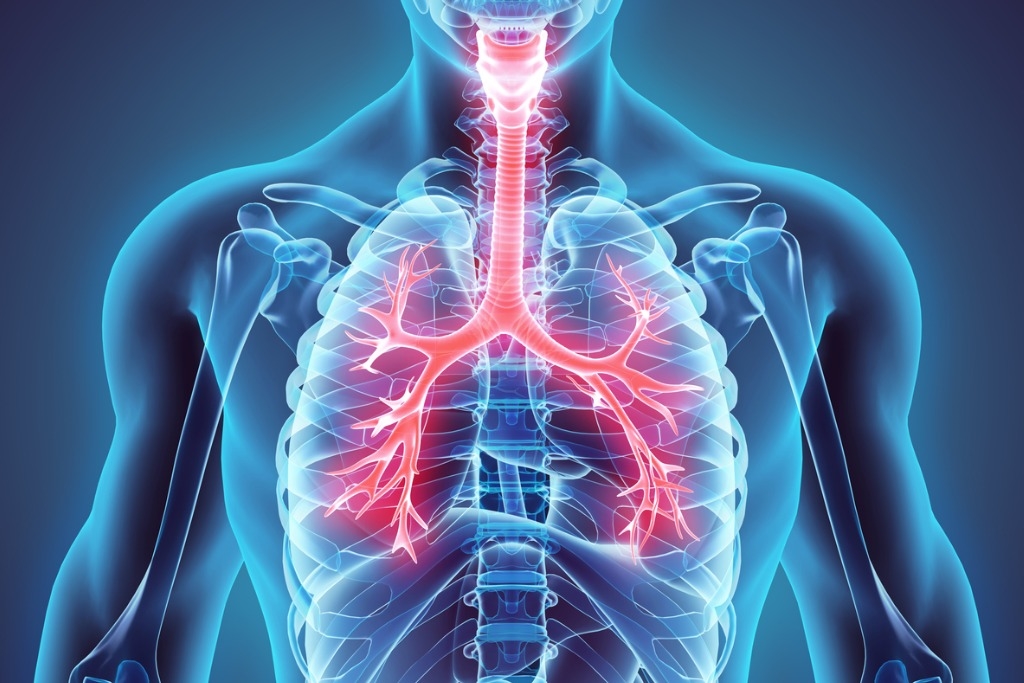Despite Phase 2 Failure, Gossamer Bio Sees a Path for Drug in Asthma

Gossamer Bio’s lead drug, an experimental treatment for asthma and allergies, has failed in two mid-stage clinical trials but the biotech sees enough in the data to pursue further development in a severe form of asthma and it wants to talk with regulators about advancing the compound to a larger Phase 3 study.
The Gossamer drug, GB001, was tested as a treatment for eosinophilic asthma, a form of the respiratory disorder characterized by high levels of white blood cells called eosinophils. According to the San Diego biotech, 10 to 15 percent of patients who have this form of asthma are treated with biologic drugs. The last oral therapy, Merck (NYSE: MRK) drug montelukast (Singulair), was approved more than 20 years ago. Gossamer aims to offer patients an alternative.
In Phase 2 results released Tuesday, the Gossamer drug failed to meet the main goal of a Phase 2b study in eosinophilic asthma. The drug also failed a separate mid-stage study in chronic rhinosinusitis. Investors did not like the results, and Gossamer’s stock sank more than 32 percent from Monday’s closing price.
The Gossamer drug is designed to block D2 receptor 2 (DP2), a protein that that can spark the inflammatory effects that lead to airway constriction, swelling in the airways, and mucus production associated with asthma. The Phase 2b test enrolled 480 patients assigned to receive one of three doses of the Gossamer drug or a placebo. The main goal was to assess the worsening of asthma by week 24 according to five measures correlated with asthma attacks. Despite missing that goal, Gossamer said its analysis of the data showed “consistent reductions” in the odds of asthma worsening in each of the groups given the Gossamer drug.
The company also sees encouraging signs in annualized severe exacerbation rate (AER), a measure of asthma attack frequency that’s typically the main goal of larger pivotal asthma studies lasting a year. In the 24-week Gossamer Phase 2 study, it was a secondary goal. Though the reductions according to that measure were not statistically significant, Gossamer reported numeric improvements in lung function in all three of the groups that received the test drug compared to the placebo group—20 percent in the low dose group; 25 percent for the middle dose; and 11 percent for the high dose.
Gossamer’s survey of physicians found that a 20 to 30 percent reduction in annualized exacerbation rate is their threshold for an oral asthma drug to be compelling for treating patients. Speaking on a conference call Tuesday, Gossamer CEO Sheila Gujrathi said she was encouraged to see the improvements in patients after 24 weeks of treatment and the company now wants to see if those results hold up in a yearlong study.
“We’re already seeing a signal on the annualized exacerbation rate and our hope is that will continue to increase as we follow patients for longer periods of time,” she said.
SVB Leerink found the data—particularly the AER results—as supportive of the drug. In a research note, the firm wrote that the exacerbation data look good considering that many of the patients entering the study were not frequent exacerbators and the study was relatively short. The note goes on to say that there is value in a patient-friendly oral drug with a strong safety profile and exacerbation reductions higher than 20 percent. The firm believes the Gossamer drug could take a piece of the asthma market similar to montelukast, a former blockbuster seller that’s now subject to generic competition. The Merck drug generated $698 million in global sales last year, according to Merck’s annual report.
Gujrathi said the Phase 2 data give Gossamer information to design and plan for a pivotal Phase 3 study. But she added that in addition to speaking with regulators, the company will also continue talks with potential partners. That’s the path that SVB Leerink expects Gossamer to take, given the scope of undertaking a large pivotal study in asthma.
Adverse events reported in the Phase 2 study included elevated liver chemistry, which led one patient in the high-dose group to drop out of the study. Gossamer said that the patient was asymptomatic when the problem arose, and it was reversible and resolved. The company plans to present full results from the asthma study at an upcoming scientific meeting. But it’s the end of the road for GB001 in chronic rhinosinusitis. In the 16-week Phase 2 study, which enrolled 97 patients, the drug failed to beat a placebo when added to standard of care intranasal steroids.
GB001 joined Gossamer’s pipeline via the 2018 acquisition of AA BioPharma, which had advanced the drug to Phase 2 testing in Japan with partner Teijin. Gossamer holds worldwide rights to the drug, except for Japan. The California company joined the public markets last year, raising $276 million.
Image: iStock/yodiyim
(65)


